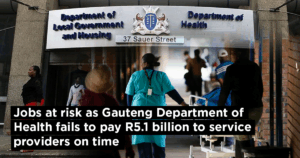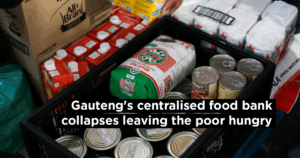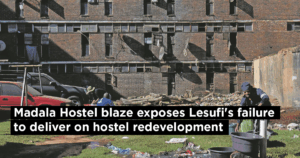Yesterday, my team and I met with the Institute of Market Agents of South Africa (IMASA) about the future of the Tshwane Fresh Produce Market.
English and Afrikaans soundbites by Ald Cilliers Brink
IMASA recently obtained a contempt of court order against the Tshwane Metro for its failure to meet its obligations at the Fresh Produce Market.
Tshwane earns 5% commission on sales of fresh produce facilitated by market agents.
In turn, the City has the duty to maintain the infrastructure, facilities and electronic systems at the Market.
Fresh produce markets are vital to food security, and are an especially important part of the value chains of small and medium enterprises as well as informal traders.
Most fresh produce traders don’t have the means of negotiating, buying and taking delivery directly from farmers.
The facility of a fresh produce market, and the services provided by market agents in ensuring market related prices, are indispensable to food distribution.
The problem at the Tshwane Fresh Produce Market are essentially that:
- The commission revenue being generated for the City at the Market is not being ring-fenced for the management and maintenance of the Market. This is what has led to the deterioration of facilities, but it also makes the Market and market agents vulnerable to the municipality running out of cash;
- Due to bad management at the Market, including lack of access control at the facility, many suppliers now use Market facilities without registering sales on the City’s system. In this way the City loses its 5% commission; and
- The City effectively allows an informal market to operate outside the premises, while enforcing lease agreements and by-laws with an iron fist against formal traders at the Marabastad Retail Market.
The DA and our coalition partners had appointed the Tshwane Economic Development Agency (TEDA) to implement a recovery plan at the Market, and to overcome management resistance to change. But the TEDA mandate was terminated when the ANC coalition took over.
Part of this plan was that at least a portion of the revenue generated at the Market must be ring-fenced for the management and maintenance of the facility, instead of going straight into the municipality’s bank account.
Market agents confirmed to us that this is exactly what is needed, in their view, to restore the Tshwane Produce Market.
A new management model, such as the 9 year private concession which applies at the Cape Town Fresh Produce Market, will also have to be considered.








